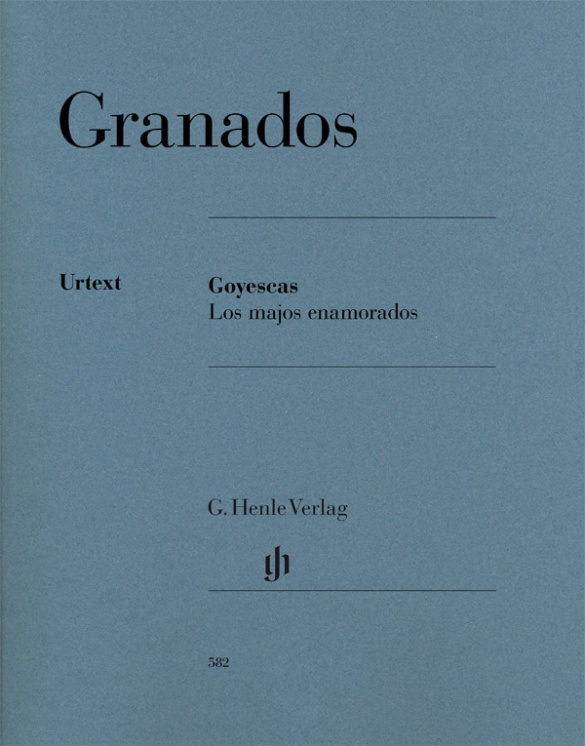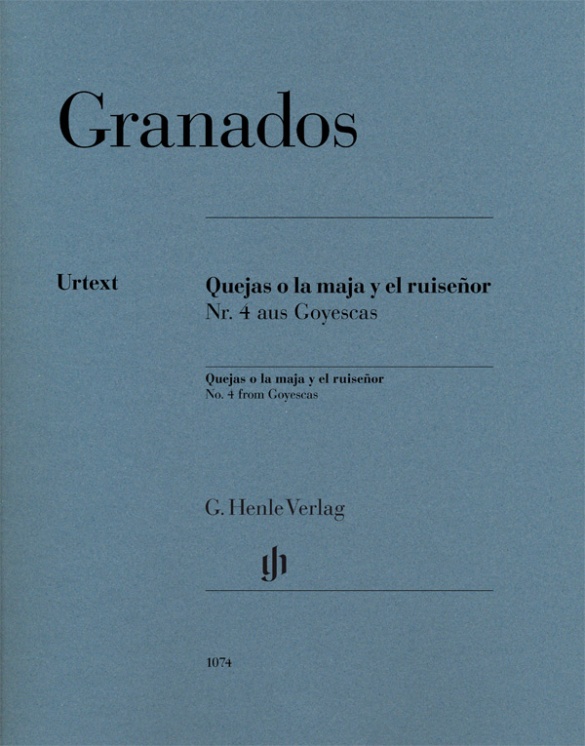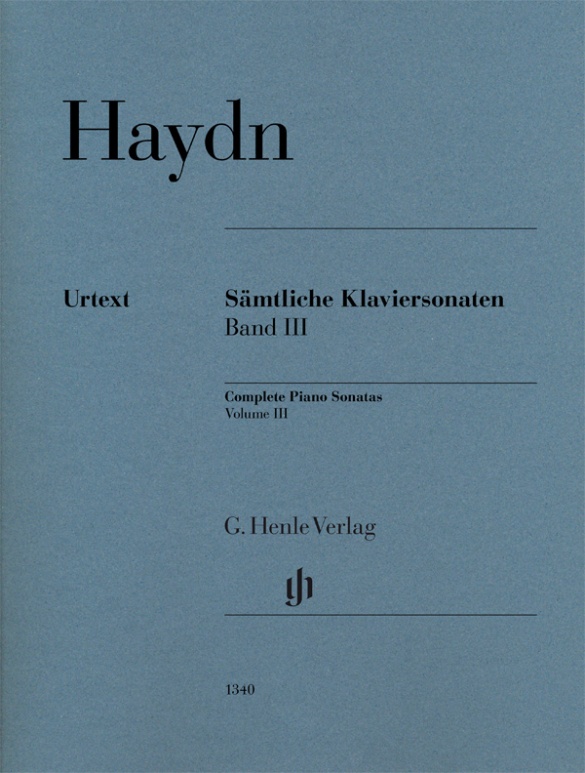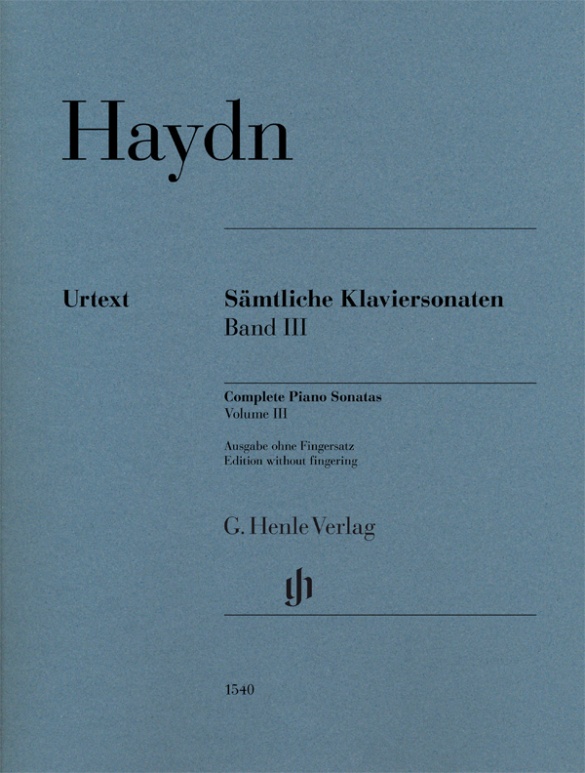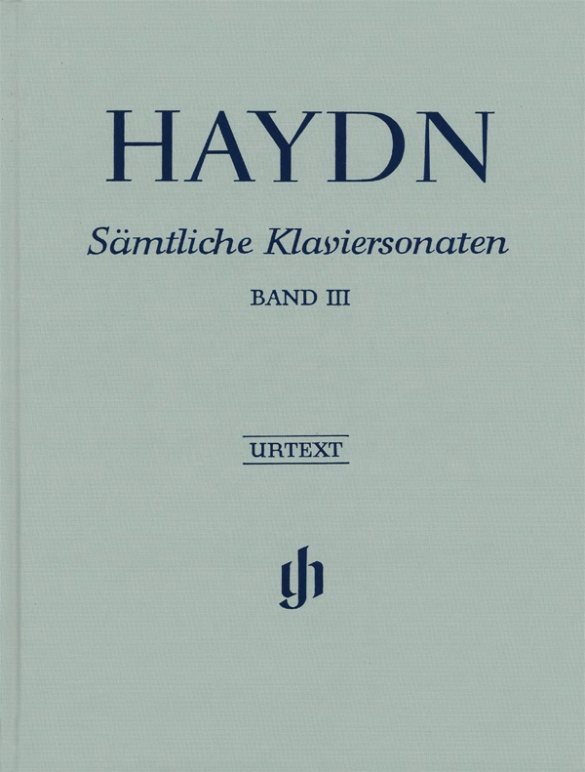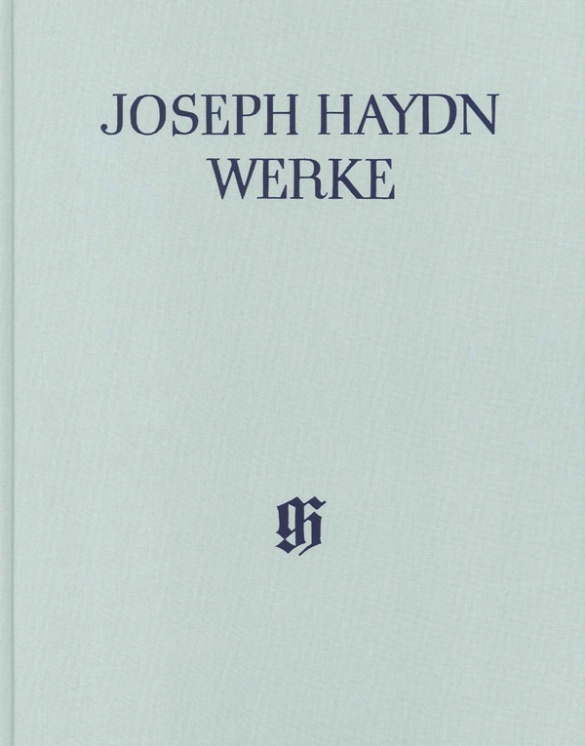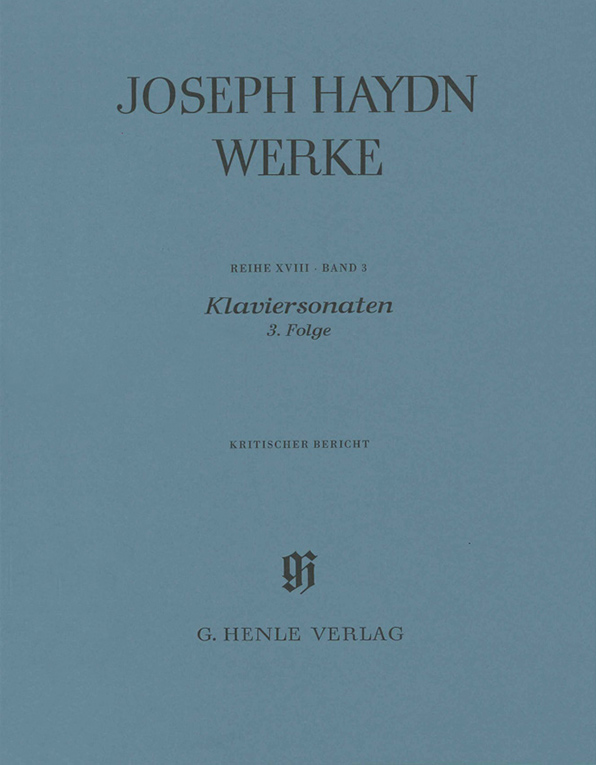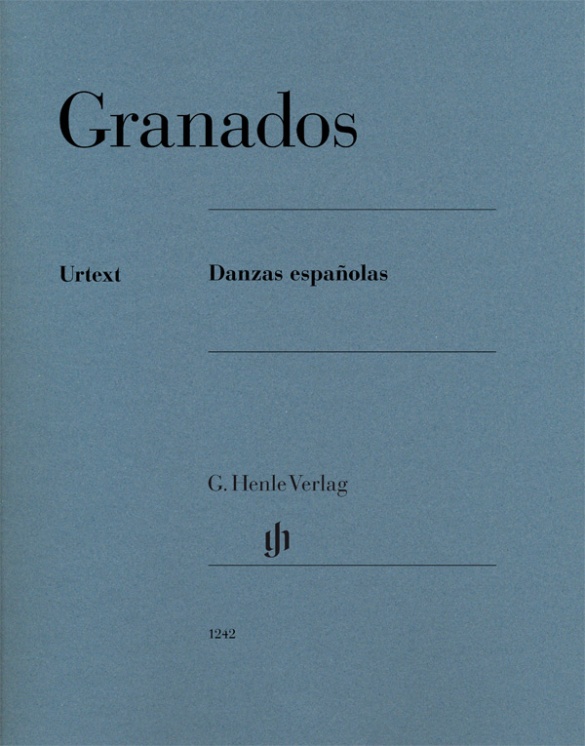

Enrique Granados
Danzas españolas
This Spanish composer wrote compositions for every genre, but the piano was undoubtedly his main focus. The 12 “Danzas españolas”, first published in four volumes between 1890 and 1895, are an important highlight in his early oeuvre. “My inspiration is founded above all in the singing of the people”, explained Granados. “Nevertheless, [these dances] are quite original and are no mere transcriptions”. They thus set themselves apart from the conventional folkloric pieces of the time, belonging instead in the tradition of the character pieces of Chopin or Schumann. Their rhythms and melodies borrow from dances from all over Spain, and this is what gives them their unique atmosphere. All available sources were consulted for this Urtext edition, including Granados’s own recordings.
Content/Details
About the Composer
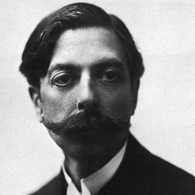
Enrique Granados
A Spanish composer, pianist, and pedagogue, his compositional style is primarily oriented around late Romanticism. He incorporates folkloric elements of his homeland in multiple ways. He largely wrote pieces for piano, along with stage works, vocal music, chamber music, and orchestral pieces.
| 1867 | Born in Lleida on July 27. |
| from 1874 | In Barcelona he becomes a pupil of Francisco Javier Jurner at the singing academy Escolania de la Mercè. |
| from 1880 | He studies piano with Joan Baptista Pujol. |
| 1883 | Wins first prize in the Acadèmía Pujol piano competition. |
| from1884 | Studies harmony and composition with Felip Pedrell. |
| from 1886 | Works as a pianist at the Café de las Delicias. He teaches the children of his patron Eduardo Conde. |
| from 1887 | He becomes a private student of Charles-Auguste de Bériot. In Paris he is in contact with Saint-Saëns, Debussy, and Fauré, among others. |
| from 1895 | In Barcelona he performs as soloist at concerts of the Societat Catalana de Concerts and the Societat Filharmonica. |
| 1898 | His opera “María del Carmen” is premiered in Madrid. He is awarded the Cruz de Carlos III. |
| 1901 | Founds the Acadèmia Granados in Barcelona. |
| 1904 | His Allegro de concierto is awarded the Madrid Conservatory’s first prize. He gives concerts in Spain and France. |
| 1911 | He is named Chevalier de la Légion d’honneur. |
| 1916 | On January 28, his opera “Goyescas” – adapted from his eponymous cycle of piano pieces – is premiered to great acclaim at the Metropolitan Opera House in New York. |
| 1916 | On the journey back to Europe, both he and his wife die on March 24 when the SS Sussex is torpedoed. |
About the Authors
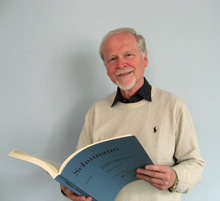
Rolf Koenen (Fingering)
As a pupil, Prof. Rolf Koenen, born in 1946 in Duisburg, had already had contact with Ewald Zimmermann, the first editor at the young publishing house. He studied the piano at the Folkwangschule in Essen with Detlef Kraus, with Ludwig Hoffmann in Munich and with Maria Tipo in Florence.
He gave concerts in a permanent duo partnership with Hansjörg Schellenberger, who was later to become the solo oboe player with the Berlin Philharmonic, and made several recordings with the Deutsche Grammophon-Gesellschaft, with Denon and Sony. Other chamber music partners included András Adorján, Stefan Dohr, Wolfgang Schulz, Claes H. Ahnsjö. Following a teaching position in Munich, Rolf Koenen was appointed as a professor at the Berlin University of the Arts in 1982.
Product Safety Informations (GPSR)

G. Henle Verlag
Here you can find the information about the manufacturer of the product.G. Henle Verlag e.K.
Forstenrieder Allee 122
81476 München
Germany
info@henle.de
www.henle.com
Henle’s edition differs from the one published by Union Musical Españolas through the inclusion of editorial fingering, and it benefits from superior engraving and binding. An easy recommendation.
Pianist, 2019Eine schöne und absolut verlässliche Edition ist es geworden, die man gerne aufs Notenpult legt.
Piano News, 2020That much of Granados’s music is difficult to find in good, widely available editions doesn’t help. Those wanting to play the Danzas Españolas relied on old editions by IMP and Dover. Happily, these marvellous pieces can now be explored in a superb new urtext from Henle Verlag. ... In short, those wishing to discover these fabulous pieces only need turn immediately to the Henle edition, which can be recommended without reservation.
Pianodao, 2020recommendations
autogenerated_cross_selling
Further editions of this title
Further editions of this title


